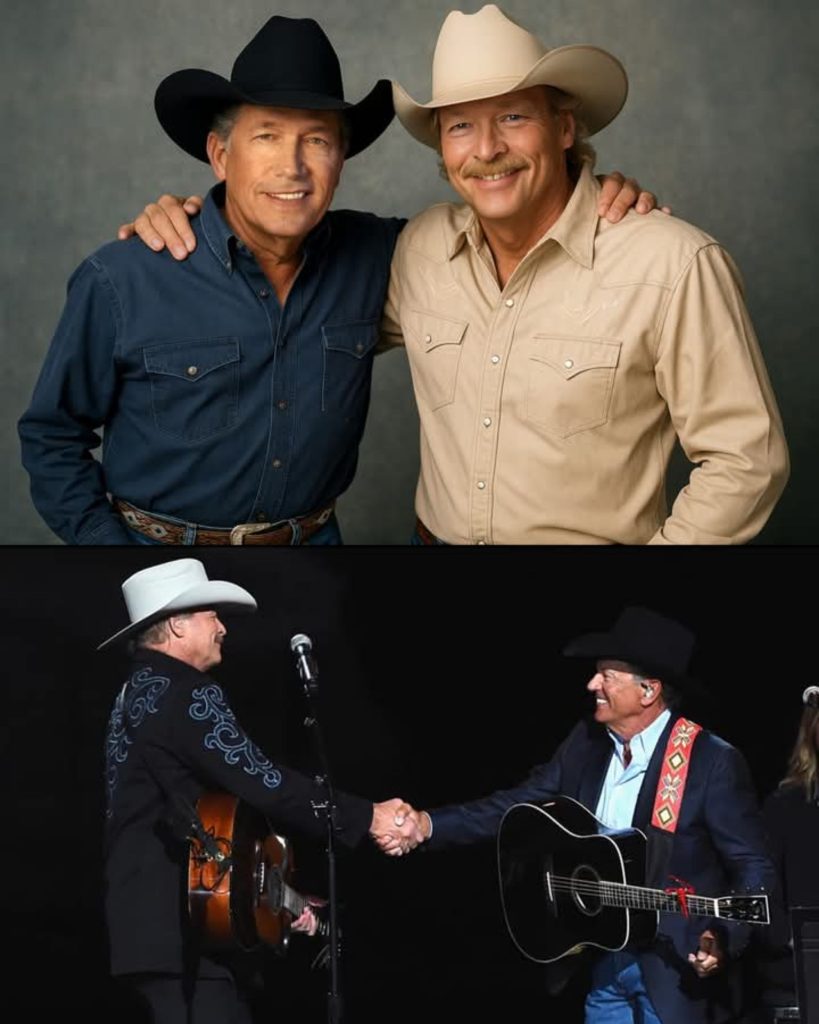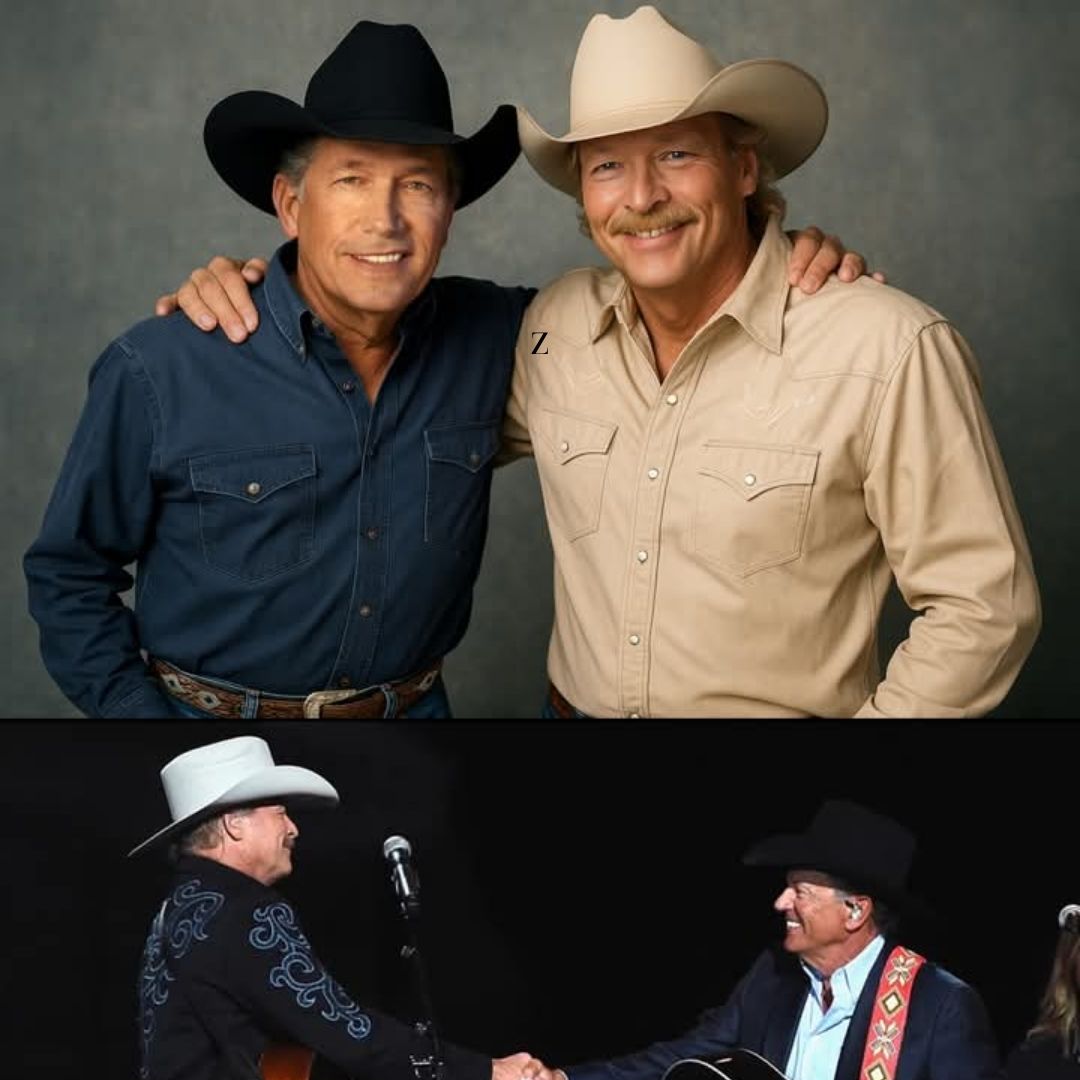Introduction
The first time I heard “Murder on Music Row,” I was driving through Nashville at dusk, the radio softly humming in the background. Then came those chilling words—“someone killed country music.” I pulled over. The song wasn’t just music—it was a eulogy. A protest. A lament wrapped in steel guitar and plainspoken truth. For those who love traditional country, this song isn’t just a tune—it’s a moment of reckoning.
About The Composition
- Title: Murder on Music Row
- Composer: Larry Cordle and Larry Shell
- Premiere Date: Originally recorded in 1999 by Larry Cordle & Lonesome Standard Time
- Album/Collection: Murder on Music Row (Larry Cordle & Lonesome Standard Time); covered in 2000 by George Strait and Alan Jackson (live performance)
- Genre: Country (Neo-traditional country / Protest song)
Background
Written by Nashville songwriters Larry Cordle and Larry Shell, Murder on Music Row was originally performed by Cordle’s own bluegrass group. But it was the duet version by George Strait and Alan Jackson—performed live at the 2000 ACM Awards—that truly lit a fire in the industry. The song openly critiques the music industry’s turn away from traditional country sounds, accusing commercial trends of “killing” the very essence of country music. Though never officially released as a single, the duet became a rallying cry, hitting the charts on radio airplay alone and igniting widespread debate.
Musical Style
Musically, the song is steeped in traditional country instrumentation—pedal steel guitar, acoustic strumming, and a slow, deliberate tempo that gives space for the message to breathe. It eschews slick pop production in favor of raw, honest tones, reinforcing the theme of returning to roots. The arrangement is intentionally sparse, letting the vocals and lyrics carry the emotional weight.
Lyrics/Libretto
The lyrics read like a courtroom drama, declaring “country music’s dead” and listing the suspects: music executives, commercial pressures, and pop-influenced trends. Lines like “The almighty dollar and the lust for worldwide fame / Slowly killed tradition, and for that someone should hang” don’t mince words. The song mourns the loss of fiddles and steel guitars while celebrating the legacy of artists like Hank Williams and Merle Haggard. It’s a lyrical defense of authenticity.
Performance History
The most iconic performance came during the 2000 ACM Awards, when George Strait and Alan Jackson shocked the audience by performing the song live. The crowd erupted—not just in applause, but in solidarity. While the song was never released as a studio single, it received heavy unsolicited radio airplay, won CMA’s Vocal Event of the Year in 2001, and became a staple in both artists’ live repertoires. Its unfiltered honesty struck a chord with fans and traditionalists alike.
Cultural Impact
Murder on Music Row became more than just a song—it became a symbol of resistance. It voiced the frustrations of traditional country fans who felt increasingly alienated by the genre’s pop transformation. While it drew criticism from some in the industry, others praised it for sparking a necessary conversation. The phrase “Murder on Music Row” itself has since entered the lexicon as shorthand for the genre’s internal conflict between heritage and modernity.
Legacy
A quarter century later, the song remains deeply relevant. New artists continue to walk the tightrope between honoring country traditions and chasing crossover success. And every time someone asks, “What happened to real country music?”—this song is likely to play in the background. Its enduring popularity among traditionalists and country purists makes it a landmark protest song, one that encapsulates an era of transformation, tension, and deep loyalty to musical roots.
Conclusion
Murder on Music Row isn’t just a country song—it’s a country statement. Whether you agree with its message or not, there’s no denying the power of its conviction. If you’ve never truly listened, start with the George Strait & Alan Jackson duet—it’s raw, chilling, and honest. Then go back to Larry Cordle’s original recording to hear where the fire began. Either way, you’ll find yourself reflecting on what country music was—and what it’s becoming.

